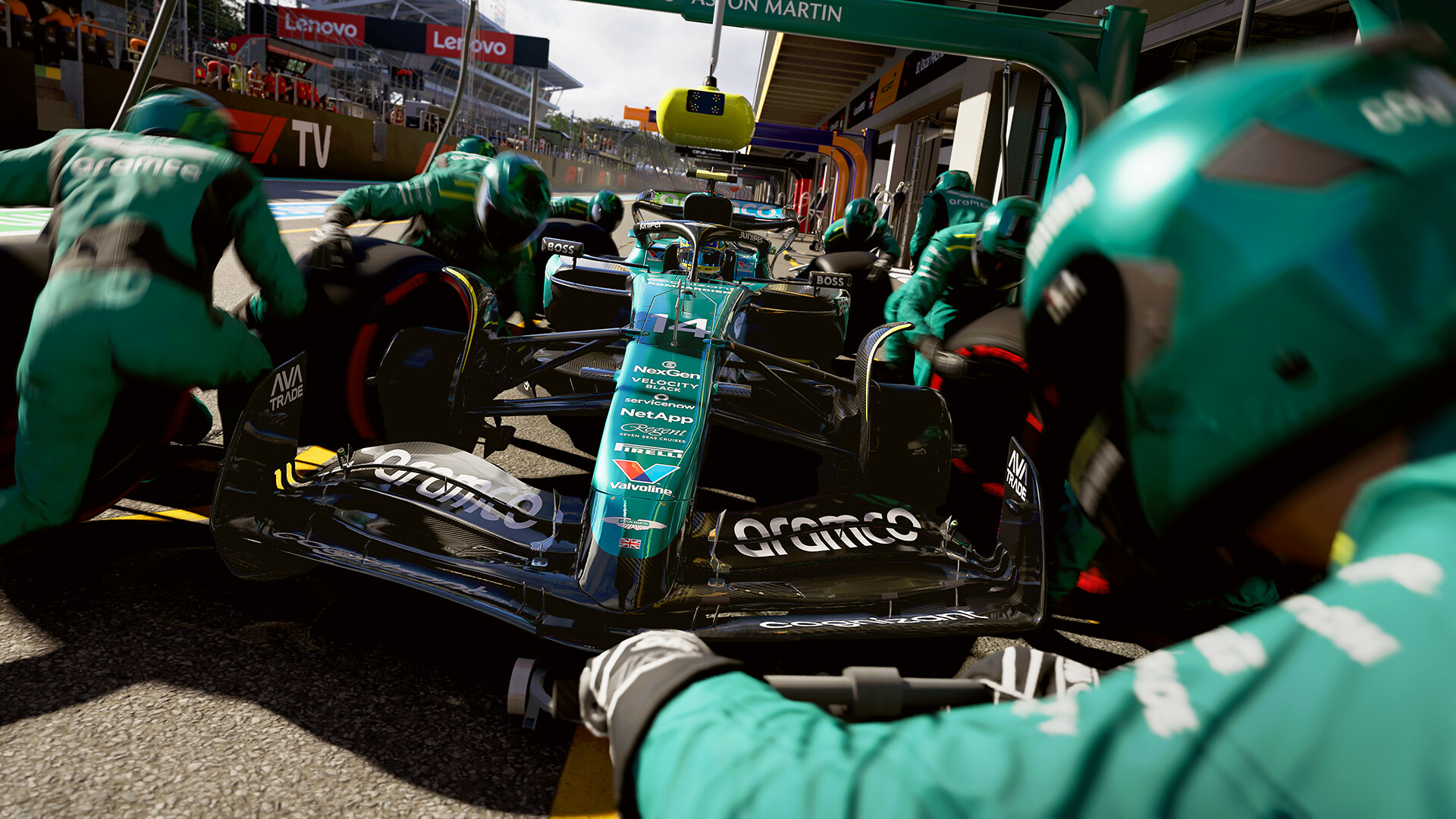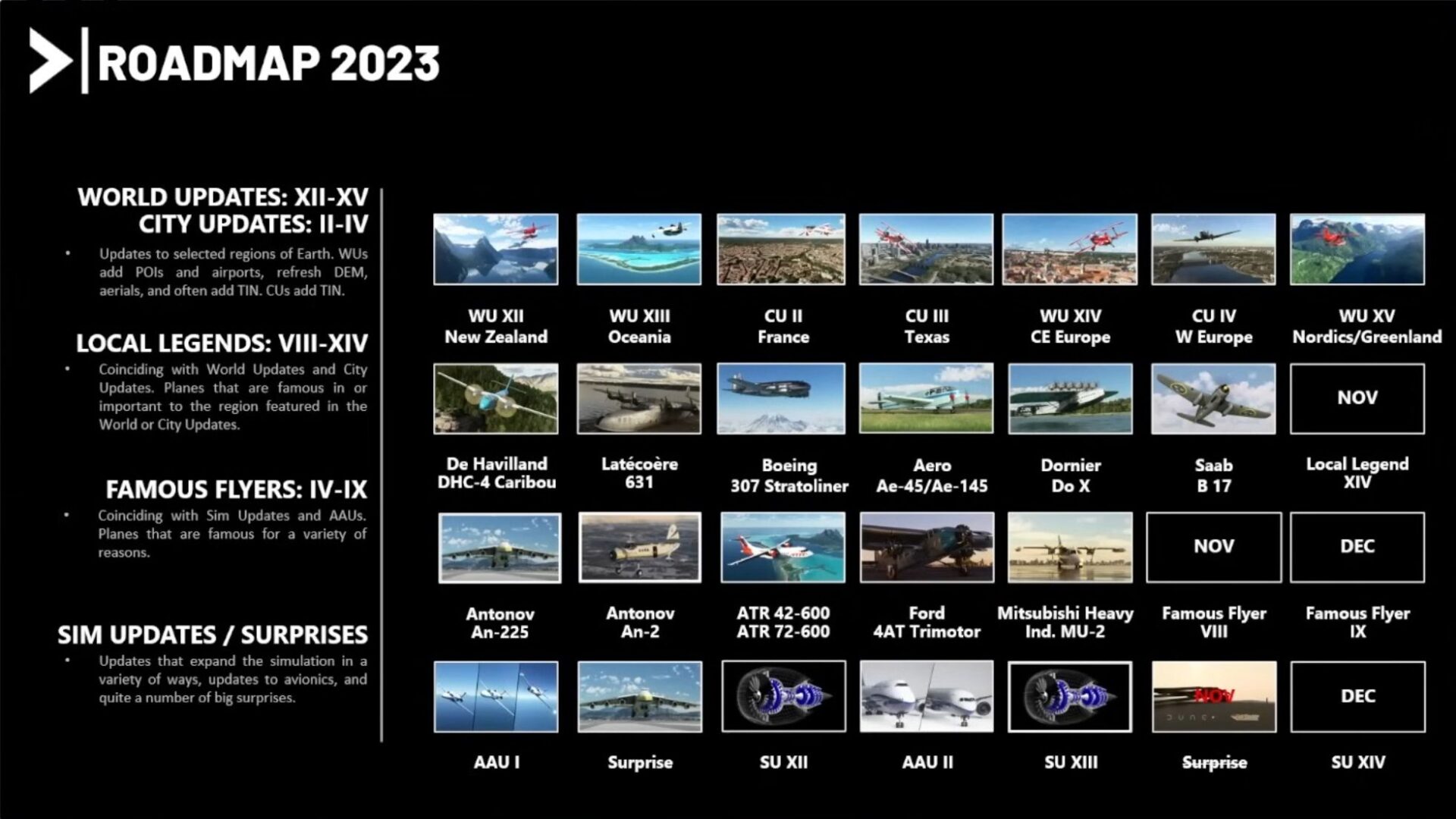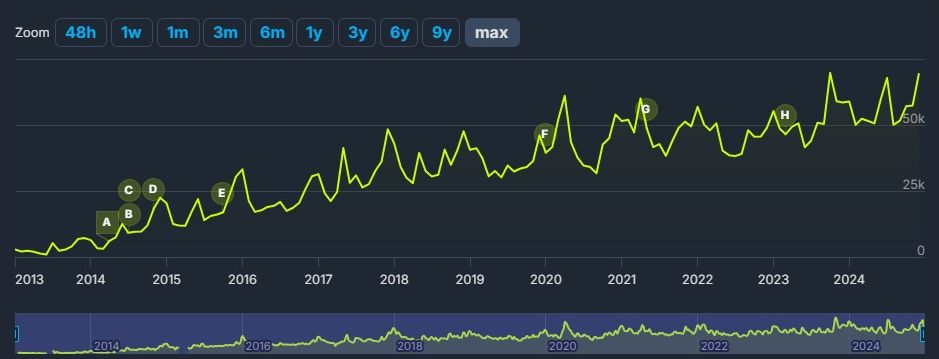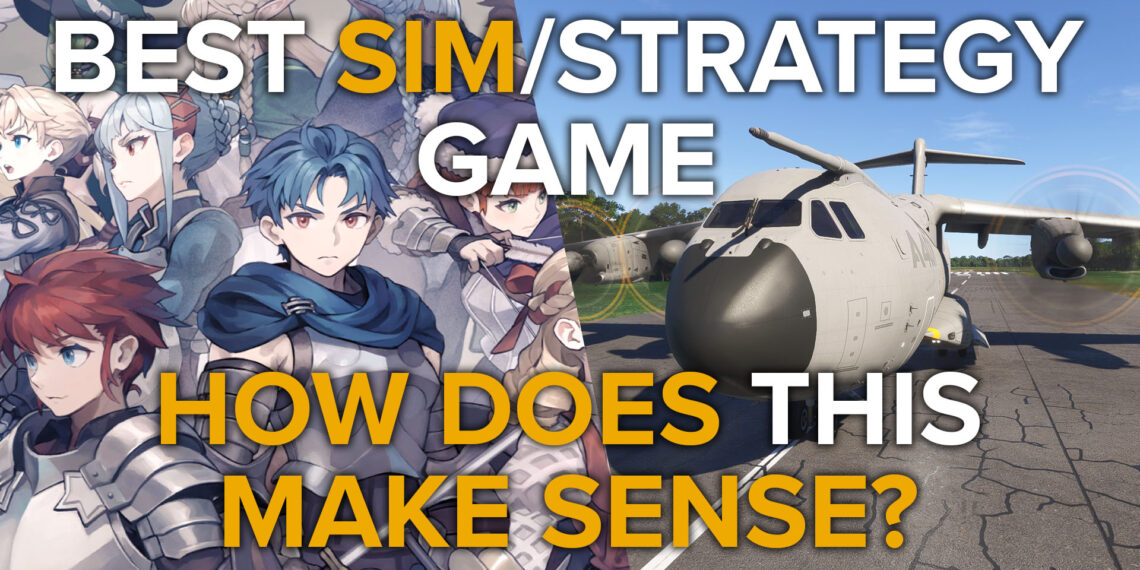Every year two whole genres get the short end of the stick at game awards across the industry. Simulators and strategy games have to share one award despite being very different genres with few points in common.
How can you fairly compare Microsoft Flight Simulator 2024 or Farming Simulator 25 with Frostpunk 2 or Unicorn Overlord? They have literally no common elements over which to compete.
Looking at The Game Awards as an example (most awards tend to show similar trends), we find a situation that I won’t hesitate to call paradoxical: all the nominees in the sim/strategy category (age of Mythology: Retold, Frostpunk 2, Kunitsu-Gami: Path of the Goddess, Manor Lords, and Unicorn Overlord) were strategy games.
While some of them had “simulation” elements, they all fell very clearly in the strategy category, while no full-fledged simulator was even nominated for the “sim” category. As a matter of fact, there was one simulator among the nominees… but it wasn’t in the sim/strategy category.
F1 24 ended up being nominated in the Best Sports/Racing category despite the fact that it’s obviously a simulator.

It’s hard not to see in these nominations a thinly veiled message saying that simulators don’t deserve to be honored unless they can be shoehorned into another category.
I could understand having to bunch up strategy and simulation games if they were small categories with few notable entries every year, forcing juries to scrape the bottom of the barrel to find enough games to make it a competition.
Yet, that is not the case. Both are very large and increasingly popular genres with tens of notable yearly entries that deserve to have a shot at being honored. To go deeper into the paradox rabbit hole, fighting games tend to have fewer notable entries every year (no disrespect meant to the genre: I’m simply talking about the number of releases here), but they usually get their own category.
By cramming Simulation and Strategy games in the same category, developers of both genres are penalized, having fewer chances not only to win but even to be honored by a nomination. That’s simply unfair.
And please don’t tell me “We can’t have too many awards.” That kind of excuse would be somewhat acceptable if we did not see a whopping three awards dedicated to esports.

Ultimately, even if we assume that the practical reason to cram two unrelated genres together is somehow valid (it really isn’t), I don’t think it makes sense for it to overrule honoring developers of both genres, which should be what awards are all about.
Simulators in particular seem to always be penalized when you look at awards in general, even beyond the specific sim/strategy game category.
For instance, let’s take a look at wider awards like Best Ongoing Game. The Game Awards defines it as “awarded to a game for outstanding development of ongoing content that evolves the player experience over time.”
Funnily, it’s pretty much always the same few games that return every year among the nominees, with occasional new entries sprinkled around. Yet, guess what? There’s never a simulator in there.
This is notable because simulators tend to often have extremely strong ongoing support which rivals and in some cases absolutely trounces the content provided over time by the games that win that award.

How is it possible that Microsoft Flight Simulator 2020 has never even been nominated in that category? Since 2020, it received 18 massive (and free) World Updates with tons of free content from all over the world. To these, we add 9 smaller City Updates, and 15 extensive sim updates with new features and improvements, on top of the 3 Aircraft and Avionics Updates.
And that’s not all, as MSFS also received two free incremental editions with the Game of the Year Edition in 2021 and the 40th Anniversary Edition in 2022, both of which brought tons of additional content at no additional cost. Let’s not forget the (also free) collaboration content with Top Gun: Maverick, Dune, and Halo.
Of course, I’m not even counting the paid content, because at that point it’s just bragging.
I challenge everyone to find an argument against the fact that Microsoft Flight Simulator 2020 is the game that received the best and largest ongoing support in the past four years within the whole gaming industry. It isn’t even a fair competition, really.
It’s not an isolated case: other simulators like DCS World have received large and constant updates for a long time, and we certainly can’t forget Euro Truck Simulator 2.
Not only SCS Software’s truck simulator has been updated intensively and frequently since its release in 2012, but it’s one of the few games that has continued to consistently increase its peak concurrent population over time for the past 12 years. How is this not “Best Ongoing Game” material?

Yet, The Game Awards and most similar awards that have an ongoing category keep completely ignoring these games in favor of mainstream live service games that don’t even come close to competing in terms of actual content delivered over time to their players.
Pinpointing the reasons why simulators tend to be snubbed by awards is perhaps more challenging than identifying the fact that it happens (that’s simply obvious).
Personally, I feel that the gaming press somehow tends to identify simulators as “less” games than other games, and many consciously or unconsciously tend to not see them as part of the gaming discourse at all.
People tend to cover what they play, and the fact that simulators (even big ones like Microsoft Flight Simulator and Microsoft Flight Simulator 2024, or Euro Truck Simulator 2 and American Truck Simulator, or the Farming Simulator franchise) get much less coverage on mainstream gaming websites compared to other genres, tells me that they’re also less played among the press despite being far from unpopular among the general gaming population.
This likely plays a big role in the genre getting ignored for most awards and often just crammed with another unrelated genre like it didn’t have the dignity to stand on its own, and that’s certainly a pity.
Of course, not all awards are judged by gaming media, but the press certainly contributes to the relative absence of simulators from the gaming zeitgeist, and that likely tends to affect awards as well.
For my dear colleagues in the gaming press I have a heartfelt message: try to play more simulators and to give them the coverage they deserve. Awards will likely follow suit, finally giving developers of a whole genre a fair shot.
You may very well be surprised by the fact that you don’t need to shoot people in the face to have fun, and by how relaxing and enjoyable soaring in the sky or driving across diverse nations can be. Isn’t that what games should be about?












